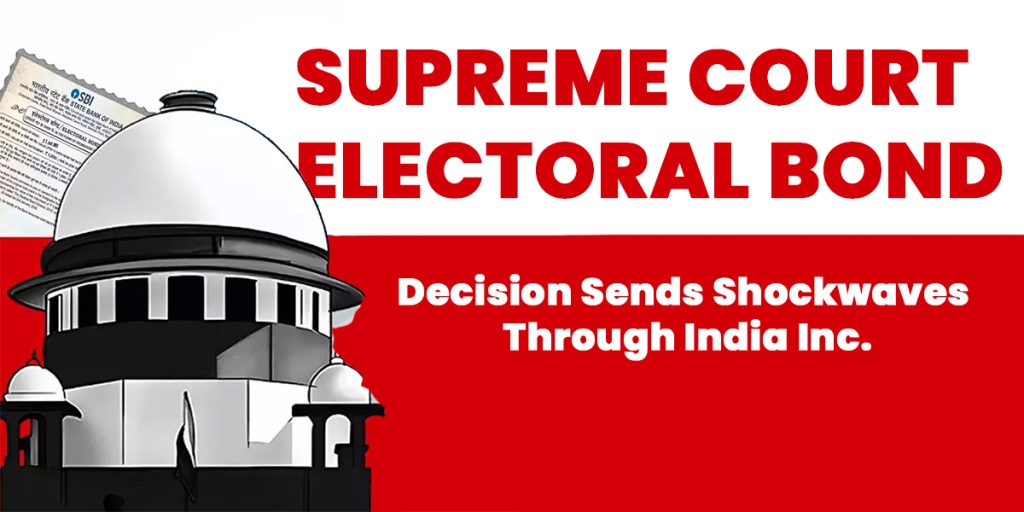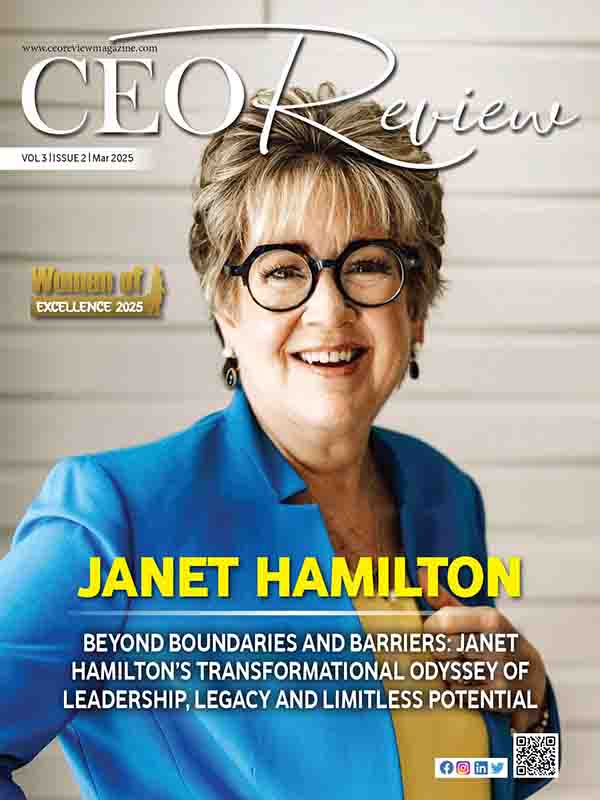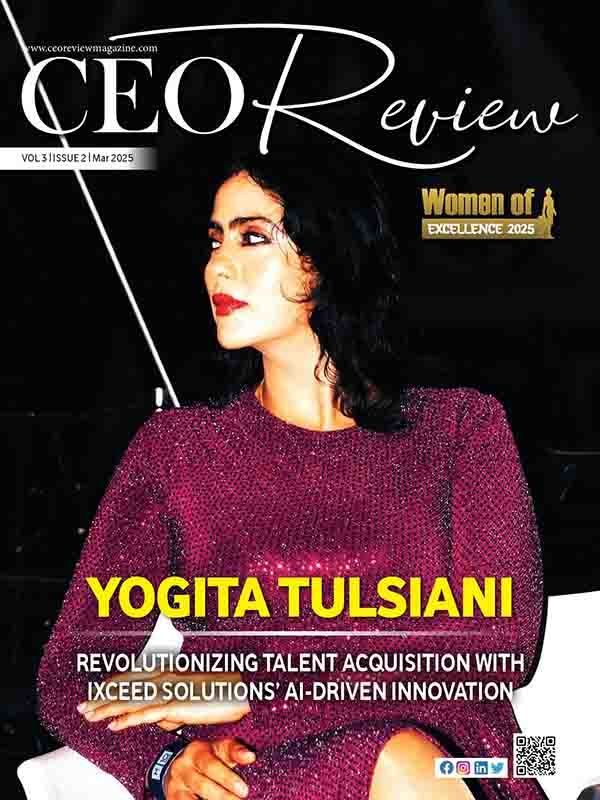In a recent shock development for India Inc in 2011, the Supreme Court issued strict directions to the State Reserve Bank of India on disclosure of the now defunct voter registration scheme.
On Monday, the Supreme Court refused to entertain the unlisted petitions of the Association of Chambers of Commerce and Industry of India (ASSOCHAM) and Chamber of Commerce and Industry of India (CII), ordering that rent details should not be disclosed. Instead, the court ordered State Bank of India to cease its selective disclosure practices and submit full accounts of all mortgages by March 21.
A key element of the court’s guidance is the need to disclose unique bond numbers, which will reflect the relationship between consumers and the political parties involved The move has industry professionals concerned about the impact of this disclosure the disclosure can have on their performance.
Industry representatives, including senior advocate Mukul Rohatgi, said the companies, who pledged anonymity, bought the bonds under a government scheme. They emphasized the need to protect confidentiality agreements and highlighted the significant impact of disclosure on corporate intentions.
However, the Supreme Court reaffirmed its position citing the “conscious choice” of the state legislature not to disclose voter roll information before April 12, 2019. The court affirmed the principle of universality equal in the eyes of the law
The Indian Express report found that between April 2019 and January 2024, 333 individuals bought bonds totaling ₹358.91 crore. Notably, the 15 special accounts amounted to ₹158.65 crore, accounting for 44.2% of the total. These include industry veterans like ArcelorMittal Laxminivas Mittal, Indigo Rahul Bhatia and Biocon Kiran Majumdar Shaw
The disclosure of these figures highlights the nature of financial participation in the electoral process and raises questions about transparency and accountability in Indian politics. As the controversy surrounding the disclosure of electoral documents continues, India Inc. has announced that it will be releasing a 2016 election. navigates uncertain territory and grapples with the commercial implications of the Supreme Court’s interests.
In conclusion, the Supreme Court’s direction on disclosure of election documents raised a lot of comments and concerns in the India Inc. case. the case In 2010, focusing on the delicate balance between transparent political funding and the protection of business interests. As the disclosure deadline looms, all eyes are on the State Bank of India and the unfolding implications of this landmark decision.
Also Read:
The Supreme Court Revokes Parliamentary Immunity in Bribery Cases
Supreme Court Rules Electoral Bonds Scheme Unconstitutional: Full Breakdown







